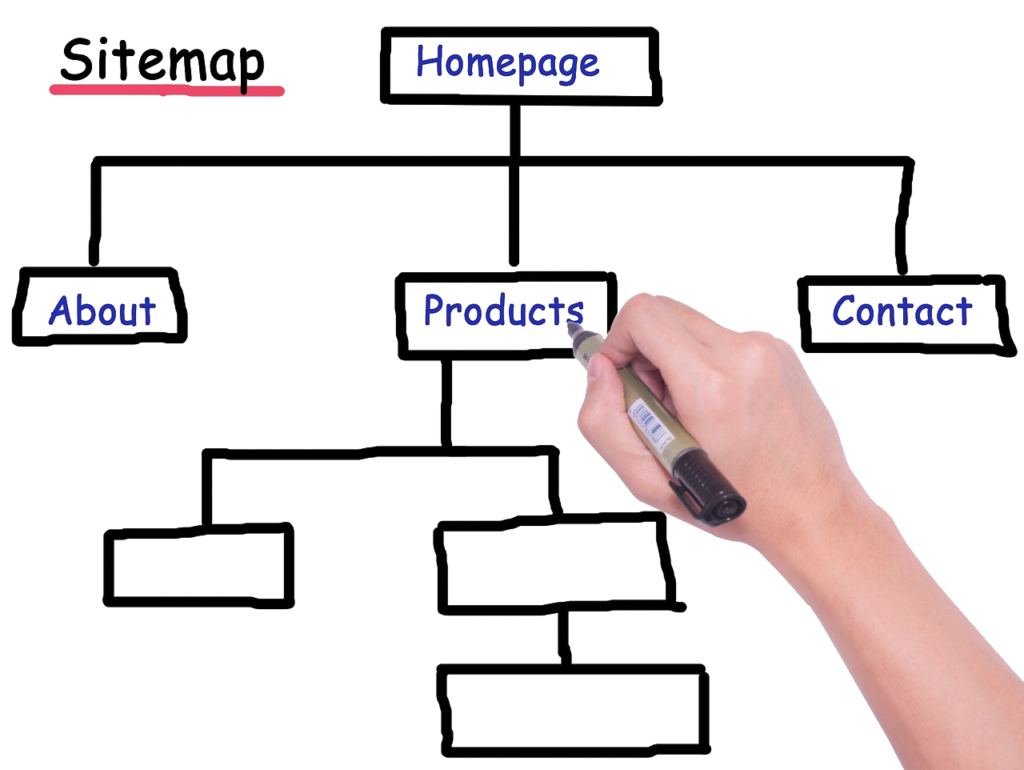Chronologically ordered process
Understanding Requirements
Client Meetings
Gather information about the client’s goals, target audience, and specific requirements
Competitor Analysis
Research competitors and industry trends for insights

Planning
Define Goals
Clearly articulate the purpose and goals of the website
Create Sitemap
Outline the structure and hierarchy of the website’s pages
Wireframing
Develop basic, low-fidelity sketches or digital representations of the layout and structure

Design
Mockups
Create high-fidelity visual representations of the website design
Color Scheme and Typography
Choose colors, fonts, and styles that align with the brand and goals
Images and Graphics
Incorporate relevant and high-quality visuals
Prototyping
Build interactive prototypes to demonstrate user flow and functionality

Development
Front-End Development
Bootstrap, Tailwind CSS, HTML, CSS, and JavaScript code to build the visual interface and interactivity
Back-End Development
Implement server-side functionality and database integration
Content Management System (CMS)
WordPress: A widely-used CMS for building websites and blogs.
Joomla, Drupal: Other CMS options for more complex websites

Code Editors
A lightweight, powerful code editor with built-in support for web development
Sublime Text
A versatile and fast code editor

Testing
Browser Testing
Ensure compatibility and consistency across different web browsers
Responsive Testing
Verify that the design works well on various devices and screen sizes
Functionality Testing
Test all interactive elements and features
Performance Testing
Assess page load times and optimize as needed

Version Control
A distributed version control system for tracking changes in source code
Platforms for hosting and collaborating on Git repositories

Performance Optimization
Google PageSpeed Insights
Analyzes and provides suggestions for improving website performance
GTmetrix
A tool for analyzing and optimizing website loading times

SEO Tools Optimization
Tracks and reports website traffic and user behavior
Helps optimize content for search engines
It provides features like on-page SEO analysis, XML sitemap generation, schema markup, ect

Client Review and Approval
Client Feedback
Allow clients to review the website and provide feedback
Revisions
Make necessary changes based on client input

Launch
Domain and Hosting Setup
Namecheap, GoDaddy, Google Domains, Hostinger, SiteGround, A2 Hosting, DigitalOcean, ScalaHosting
Deployment
Upload the website files to the hosting server to make it live

Post-Launch
Monitoring
Track website performance, user engagement, and any potential issues
Maintenance
Perform regular updates, security checks, and content revisions
Client Training
Provide any necessary training for the client to manage and update the website

Browser and Collaboration Tools
Chrome DevTools, Firefox Developer Tools
Built-in tools for debugging and analyzing web pages
Slack, Microsoft Teams, Zoom
Communication and collaboration platforms for project teams
Trello, Asana
Project management tools for organizing tasks

Security Tools
Encryption
Provides free SSL certificates for securing websites
Enhances security by protecting against threats

Marketing and Promotion
Social Media Integration
Connect the website to social media platforms
Online Marketing
Implement digital marketing strategies to drive traffic

Continuous Improvement
Analytics Analysis
Use website analytics to gain insights and make data-driven improvements
Feedback and Iteration
Collect user feedback and make iterative enhancements
